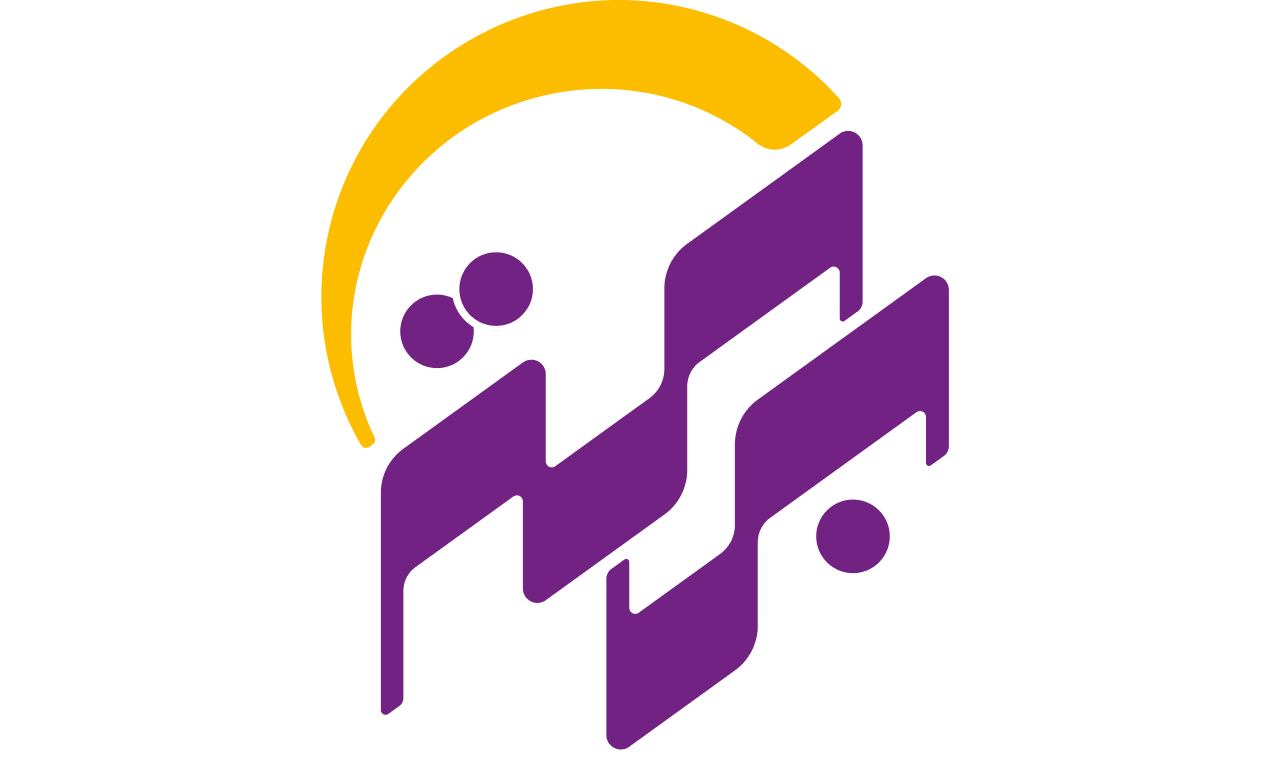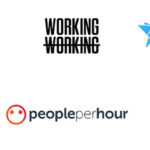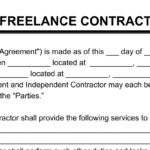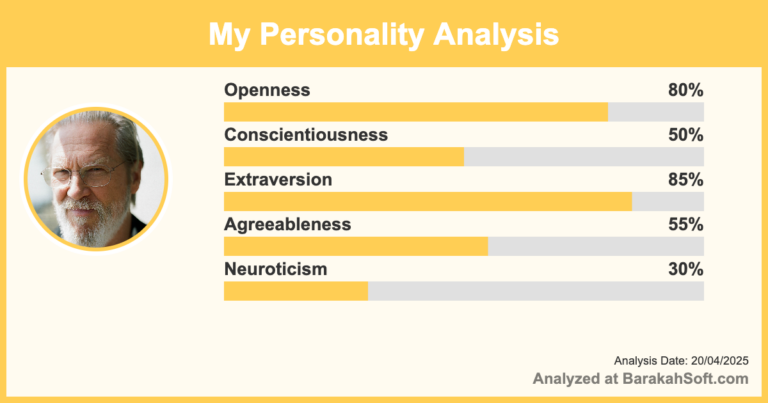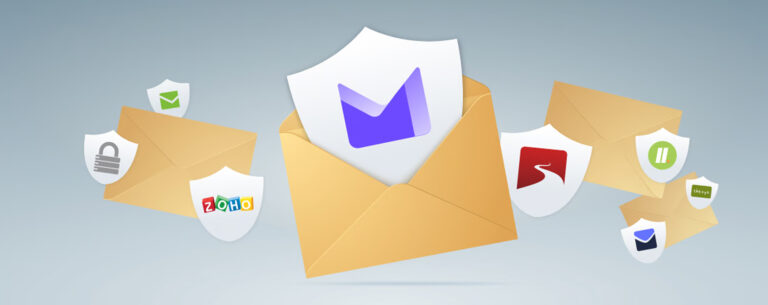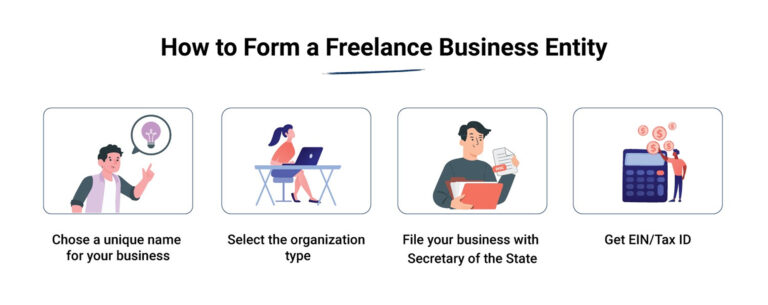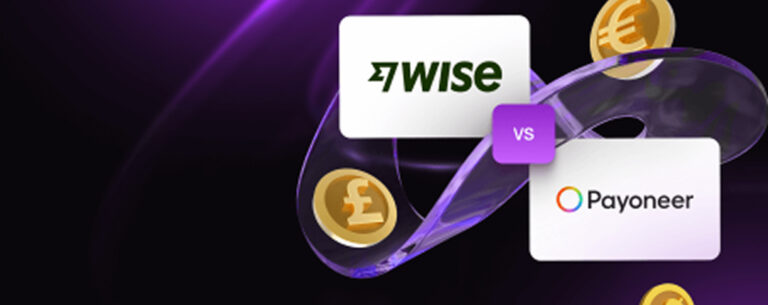If you’re running a freelance business, developing apps, or handling sensitive client data, your email is a soft spot. Free services like Gmail are convenient—but they scan your messages and don’t offer strong end-to-end encryption. That’s fine for personal use, but not for professionals who take privacy seriously.
In 2025, privacy-focused email services are no longer just for the paranoid. They’re for anyone who wants control over their data, secure communication, and a professional brand.
This post breaks down the top privacy-focused email providers built for remote workers, developers, and business owners.
Why Privacy Matters for Professional Email
Your email isn’t just where you talk—it’s where your logins, invoices, contracts, and credentials live. If your inbox is compromised:
-
Hackers can reset your passwords
-
Client data might be exposed
-
Your credibility could be damaged
A privacy-first email provider:
-
Doesn’t scan or monetize your messages
-
Offers end-to-end encryption
-
Respects your metadata and location privacy
-
Doesn’t sell your data to advertisers
This is especially important if you’re:
-
Handling sensitive client info
-
Working under NDAs
-
Running a SaaS or app that stores user data
-
Just tired of big tech reading your messages
What to Look For in a Privacy Email Service
Before choosing, consider:
-
End-to-end encryption (default or optional?)
-
Open-source or independently audited?
-
Based in a privacy-friendly jurisdiction (not under U.S. or 14 Eyes surveillance)?
-
Support for custom domains?
-
Mobile and desktop usability?
With that, here are the top picks.
1. Proton Mail
Best for: Professionals who want solid encryption, European jurisdiction, and modern features
Proton Mail is the most widely known privacy email provider. Based in Switzerland, it offers strong privacy laws, full encryption, and support for custom domains.
Key features:
-
End-to-end encryption by default (Proton to Proton)
-
No IP logging
-
Proton Bridge for desktop apps like Outlook or Apple Mail
-
Mobile apps for iOS and Android
-
Supports custom domains on paid plans
Free tier: Yes
Paid plans: Start at $4/month
Pros:
-
Strong reputation, audited, and trusted by the privacy community
-
Swiss-based (outside U.S. jurisdiction)
-
Works well with other Proton services (VPN, Drive, Calendar)
Cons:
-
Limited storage on free tier
-
Encrypted search is slower than Gmail-style indexing
2. Tutanota
Best for: Hardcore privacy users who want open-source everything and zero metadata tracking
Tutanota is based in Germany and offers full end-to-end encryption—including subject lines and metadata, which Proton Mail doesn’t encrypt.
Key features:
-
Encrypts subject lines, contacts, calendar
-
Fully open-source
-
Zero ads, zero tracking
-
Mobile and desktop apps
-
Optional encrypted contact forms
Free tier: Yes
Paid plans: Start at €1/month
Pros:
-
Strong encryption across all parts of the message
-
Clean interface and mobile support
-
Super affordable pricing
Cons:
-
No IMAP/SMTP bridge for external apps
-
Slightly less polished than Proton Mail
3. Skiff Mail
Best for: Devs and early adopters who want sleek UI + crypto-style encryption
Skiff Mail is a newer, Web3-inspired privacy platform that’s end-to-end encrypted and built for a modern workflow.
Key features:
-
End-to-end encryption
-
Collaboration tools built-in (docs, storage, calendar)
-
Fast, modern UI
-
Based in the U.S., but open-source and decentralized-first
Free tier: Yes
Paid plans: Start at $6/month
Pros:
-
Beautiful UI, better than most competitors
-
Growing fast with developer support
-
Built-in encrypted document sharing
Cons:
-
Newer and less battle-tested
-
U.S.-based (less ideal for some privacy purists)
4. Mailfence
Best for: Power users who want encryption + control + compatibility with legacy email tools
Mailfence is based in Belgium and offers strong encryption with more traditional flexibility—POP, IMAP, calendar sync, etc.
Key features:
-
PGP-based end-to-end encryption
-
Supports IMAP and POP3
-
Digital signatures for authenticity
-
Calendar and document integration
Free tier: Yes
Paid plans: Start at €2.50/month
Pros:
-
Best of both worlds: privacy + compatibility
-
Based in privacy-conscious country
-
Digital signing support
Cons:
-
Less modern interface
-
Encryption isn’t default—you must enable it manually
5. StartMail
Best for: Business owners who want disposable aliases, no ads, and full inbox control
StartMail is made by the team behind Startpage (the private search engine). It focuses on privacy plus productivity.
Key features:
-
Disposable email aliases
-
PGP email encryption
-
IMAP support
-
Netherlands-based (good privacy laws)
Free tier: No
Paid plan: $59.95/year
Pros:
-
One of the best for custom domain users
-
Supports aliasing for anti-spam
-
Ad-free and clean interface
Cons:
-
No free tier
-
Not as popular or widely integrated
Which Should You Choose?
Use this cheat sheet:
-
Best all-around: Proton Mail
-
Strongest encryption: Tutanota
-
Most modern and UX-focused: Skiff Mail
-
Traditional email compatibility: Mailfence
-
Alias-heavy workflow: StartMail
If you need:
-
Custom domain support → Proton, StartMail
-
Open-source only → Tutanota, Skiff
-
Free and reliable → Proton’s free tier is the best starting point
Final Word
If you care about your privacy, brand credibility, and the security of your communications, switching to a privacy-first email service is a smart move. Whether you’re freelancing, coding, or running a small business, these providers help you stay professional—without sacrificing control over your data.
Don’t wait for a breach or bad client experience. Set up a private inbox now, migrate slowly, and protect what matters.
